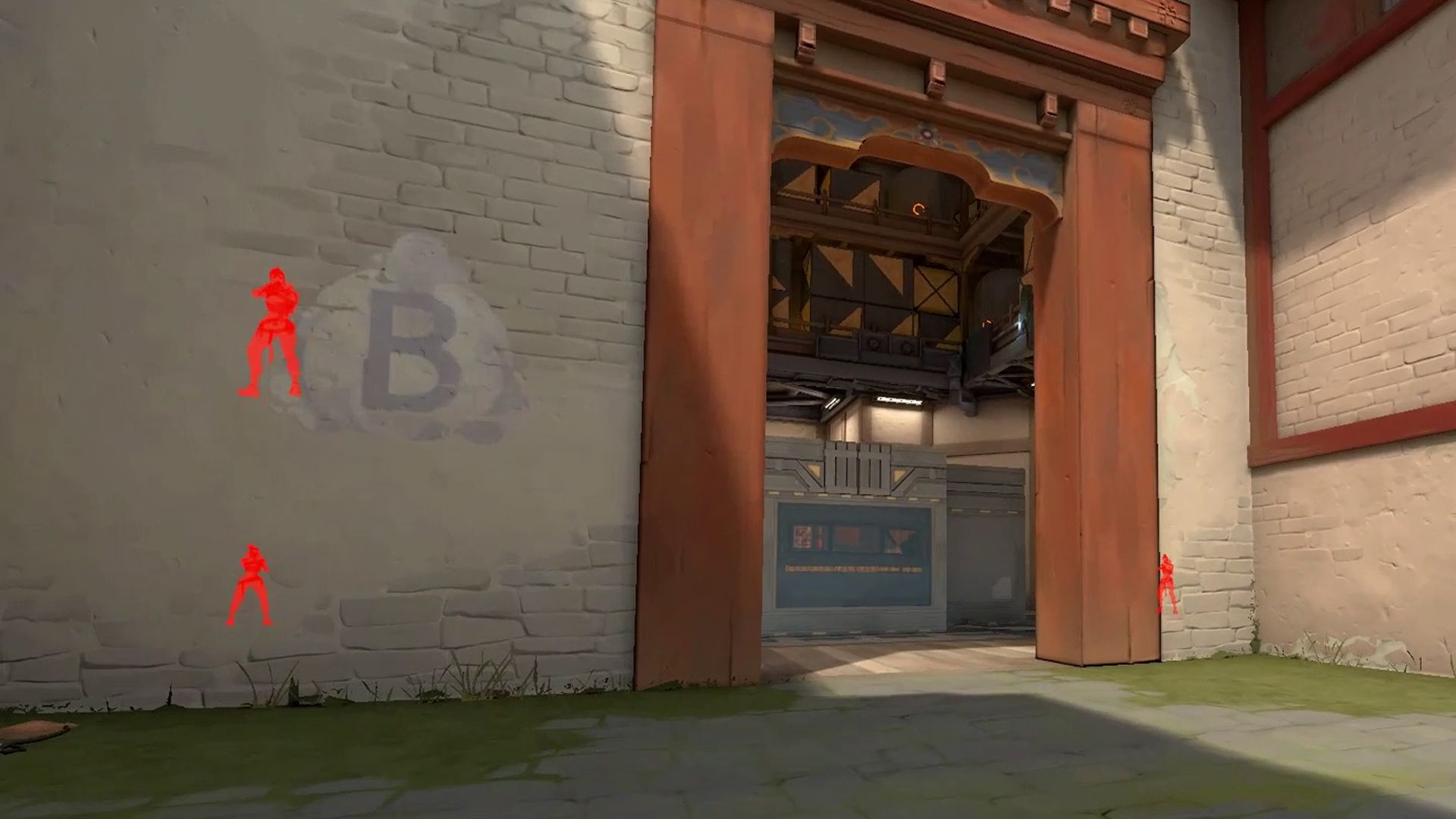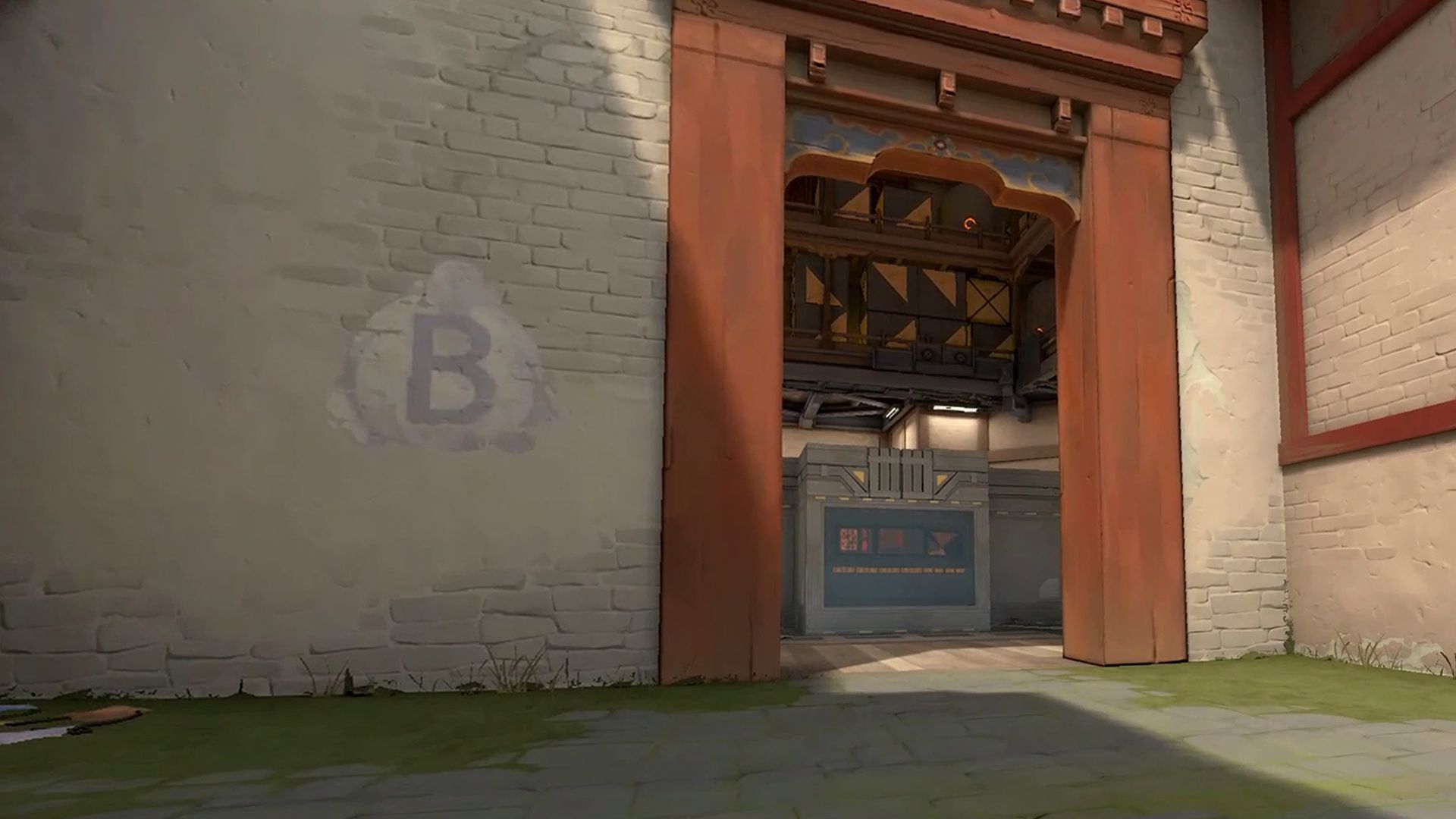VALORANT Anti-Cheat: What, Why, and How
Hi everyone, Paul “Arkem” Chamberlain, VALORANT’s not-at-all-scary anti-cheat lead, here to talk to you about anti-cheat (surprise). I’ve popped up a few times already to talk about specific anti-cheat systems and give quick updates or high level overviews on cheating topics—but I wanted to take some time today to go over our anti-cheat strategy from top to bottom.
Consider this the What, Why, and How of VALORANT anti-cheat.
Firstly the “Why,” as in, why am I talking about this so much and why are we collectively spending all this effort fighting cheating? Frankly, it’s because I believe that it’s what players (that’s all of you) expect and demand from their tactical shooters. Along with our other commitments to competitive integrity, anti-cheat is a core requirement, the “table stakes” for a serious competitive experience.
Next the “What.” What exactly are we trying to accomplish for anti-cheat in VALORANT? The goal is to build a trustworthy gaming experience by making cheating as rare as possible. This means that we aim to prevent as many cheats as possible and detect anything that we can’t prevent. We know that we can’t stop all cheaters immediately but we believe we can deal with them to the point that most players rarely, if ever, encounter a cheater.
So, “How” can we achieve this? How do we think we can protect the game experience from cheats? It’s fundamentally a defense in depth approach. We first build the game to be as cheat-resistant as we can (e.g., Fog of War, and server authoritative movement netcode). Next, we make the cost of developing cheats as prohibitive as possible (e.g., Vanguard and other anti-tamper measures). Finally we detect, ban, and remove cheaters from the game as efficiently as possible using Vanguard cheat detection, hardware bans, player reports, data analysis, and machine learning research.
Yes, cheats are still possible in VALORANT—there are already some examples out in the wild. But this strategy makes those cheats much more difficult to develop and maintain. This in turn makes them more expensive to buy, which limits how many cheaters there are in the game. The smaller community of capable cheat developers also makes their cheats easier to keep track of and enables us to take other approaches—such as legal avenues—to keeping them out of our ecosystem.
This leads us to the real big questions: How do we know if we’re winning and what does success look like?
There are a lot of ways to measure success. Often we hear reports of “X number of players banned” and game studios using internal metrics like “percentage of players cheating” or “percentage of games impacted by cheating.” While those numbers are useful indicators, they’re of secondary importance to VALORANT.
Our anti-cheat for VALORANT is designed to make sure players can trust the game and have a positive experience while playing. So our primary success criteria is how well you all think we’re doing. We track the number of player reports for cheating, we ask players directly via surveys for their impression, and we keep track of player sentiment on social media (hi twitter!).
In short, if you’re not happy with us... then we aren’t successful. Anti-cheat is here to serve players, so please let us know how we’re doing.
Until next time.

